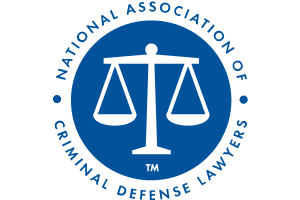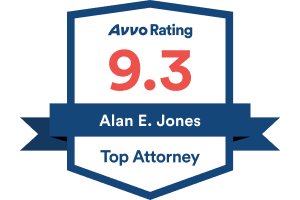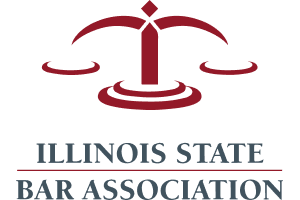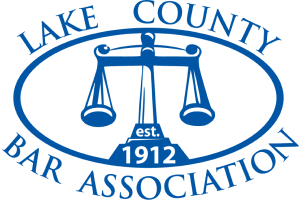Clients Decide.
What Do I Need to Know About the License Reinstatement Process?
Readers may associate license suspension or revocation with convictions for driving under the influence of alcohol or drugs. However, the scope of license suspension and revocation is much broader.
Mandatory License Revocations or Suspensions
In addition to DUI offenses, license revocation is mandatory for convictions involving many other offenses, including those involving the use of a motor vehicle in a felony, assault with a motor vehicle, drag racing, three or more reckless driving charges within 12 months, and leaving an accident scene involving injury or death.
License suspension, in turn, is mandatory for failing to pay 10 or more parking tickets, 5 or more traffic violations, or when a driver defaults by more than 14 days on a payment plan. Finally, license suspension is a discretionary penalty for certain other offenses.
How Do I Reinstate My License?
As the lists above suggest, there are many circumstances when a driver may need to understand the process for license reinstatement. Fortunately, a law firm that focuses on this area of law can guide you through the process. There may also be opportunities to reduce the period of suspension for good cause. In some cases, however, you must act within a 90-day period to challenge the suspension. This is why we recommend consulting with an attorney as early as possible in the process.
Is a Hearing Required?
Significantly, reinstatement for revocation requires a hearing and a showing that the driver will not be a danger to the public welfare. Reinstatement for suspension, in contrast, offers more alternatives. Both typically impose fees/fines, as well.








